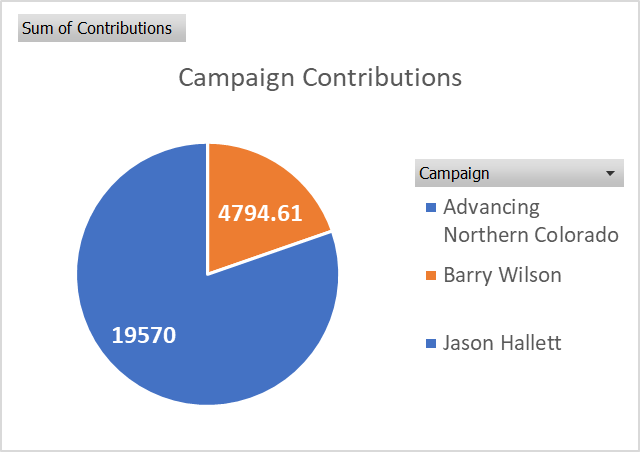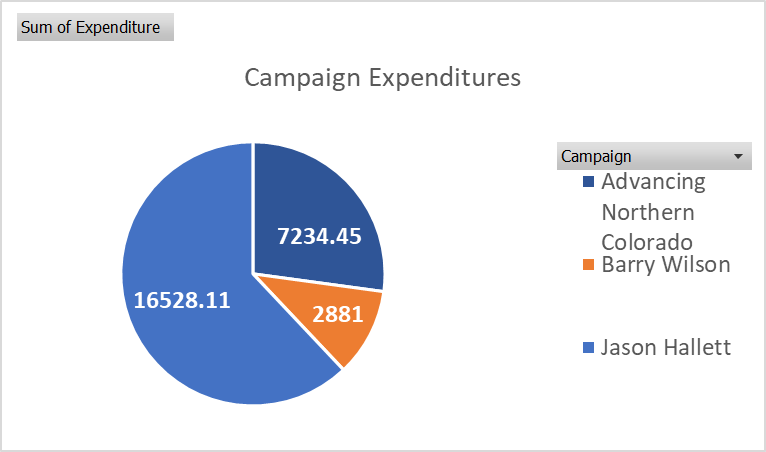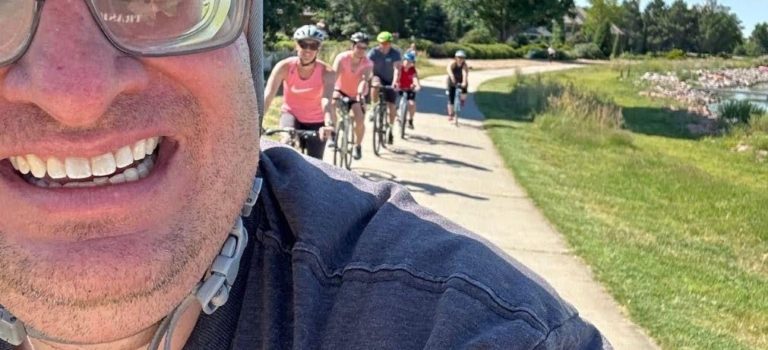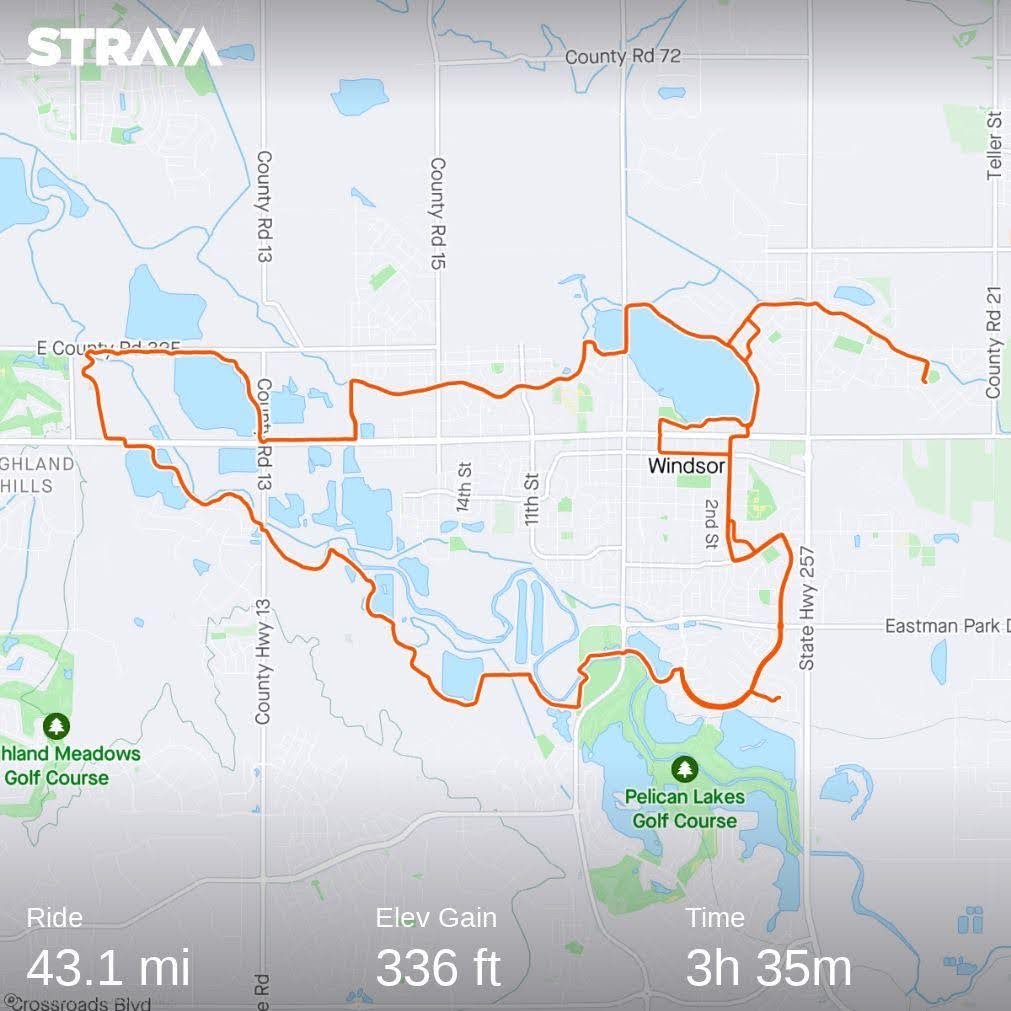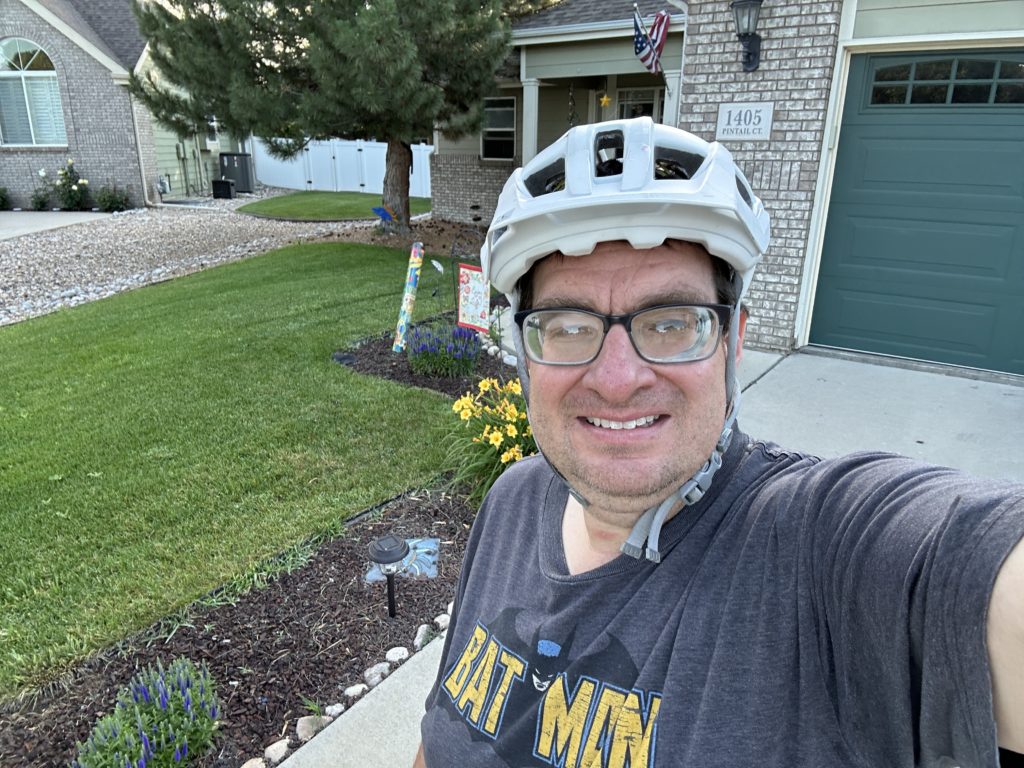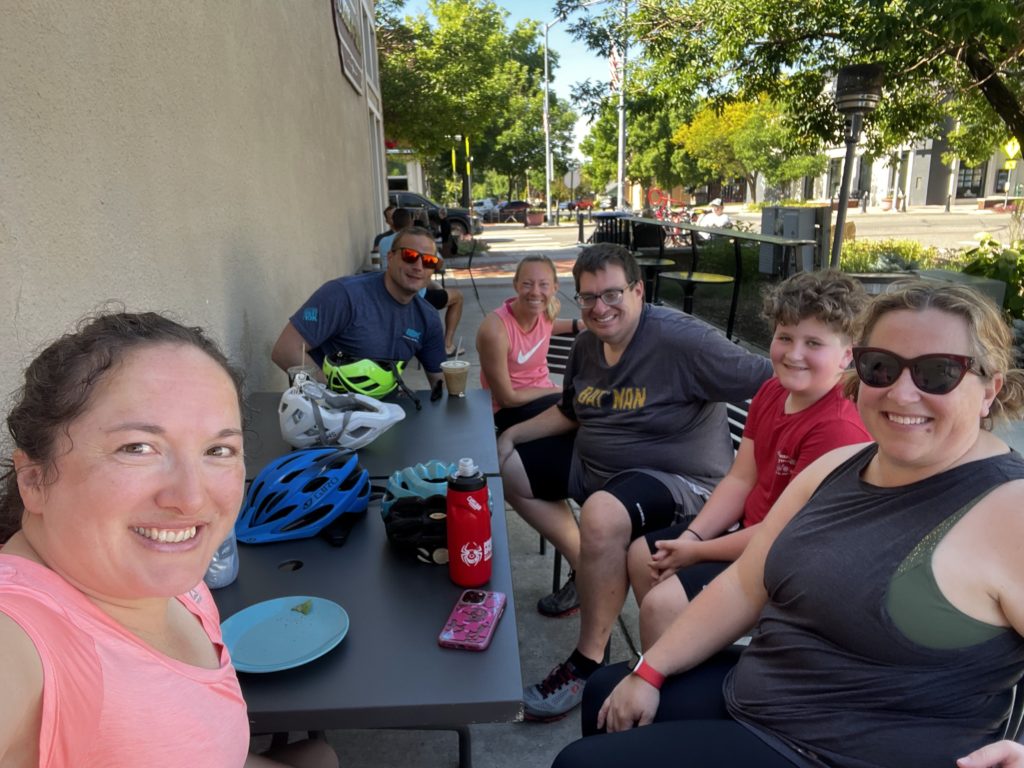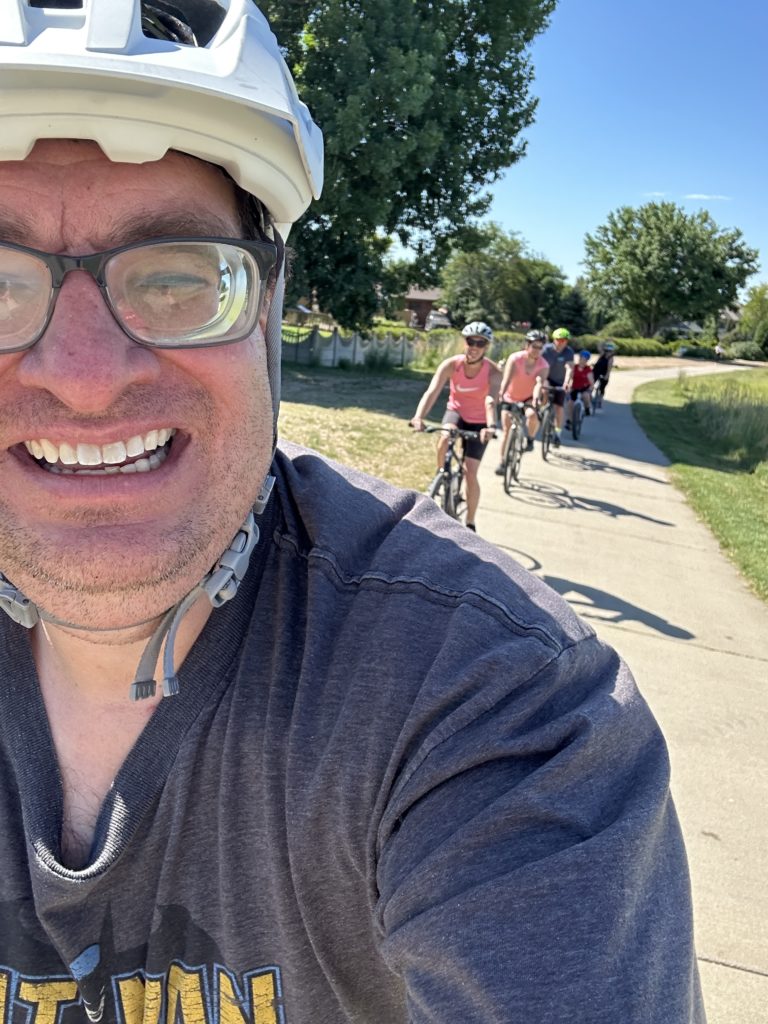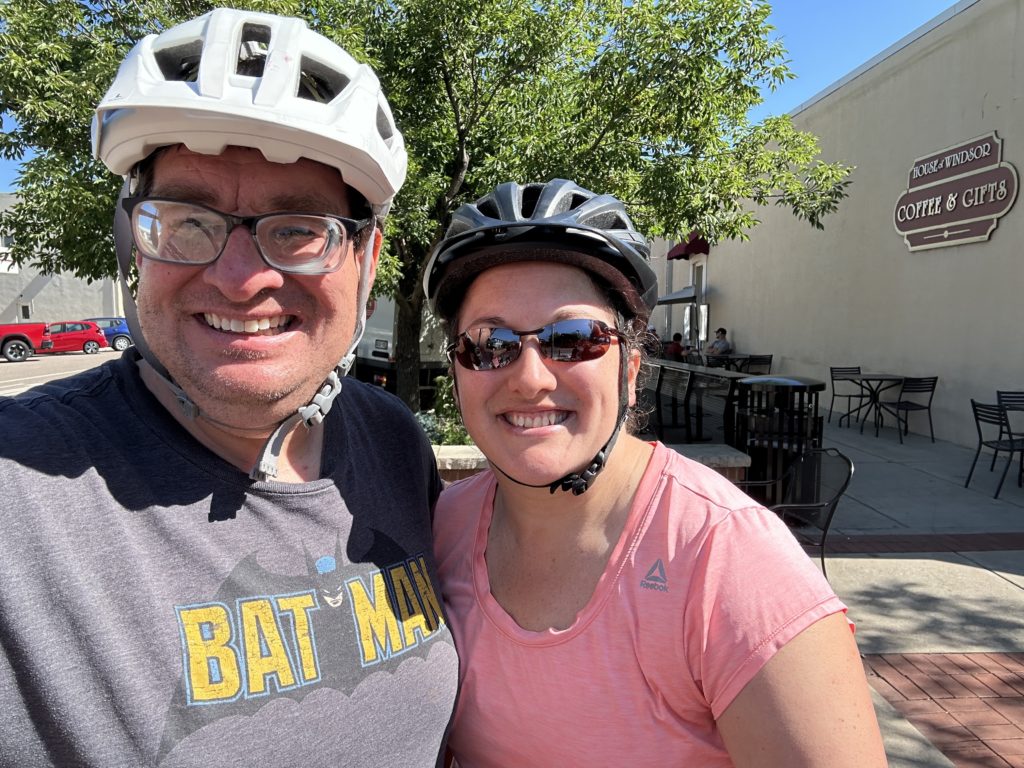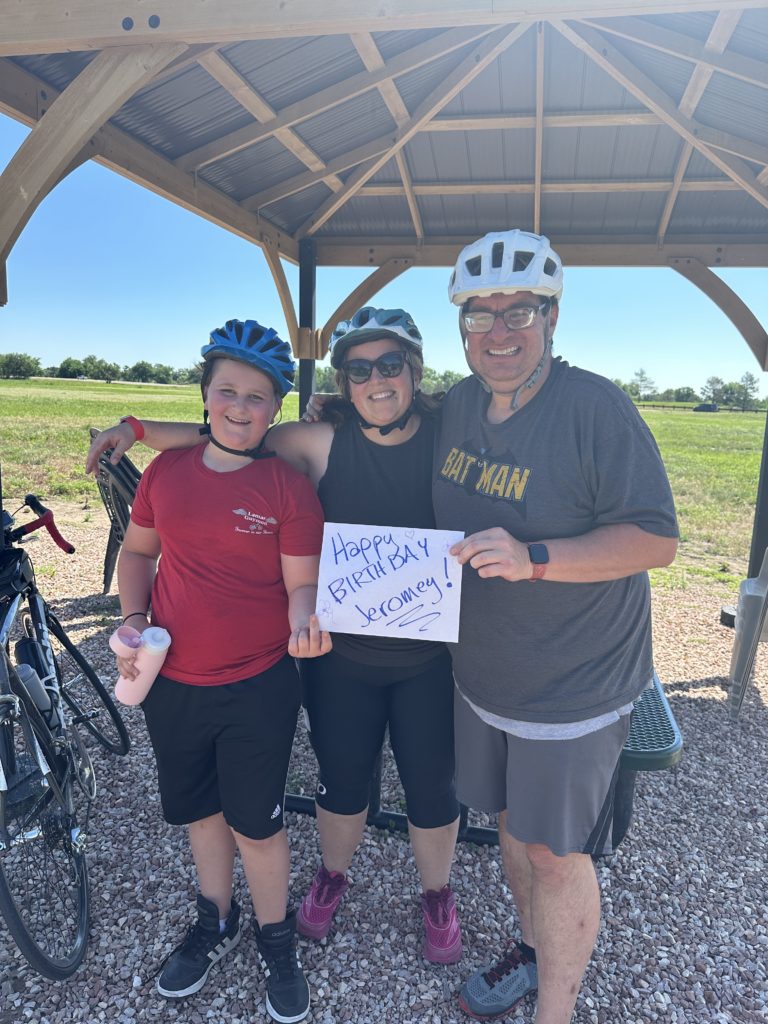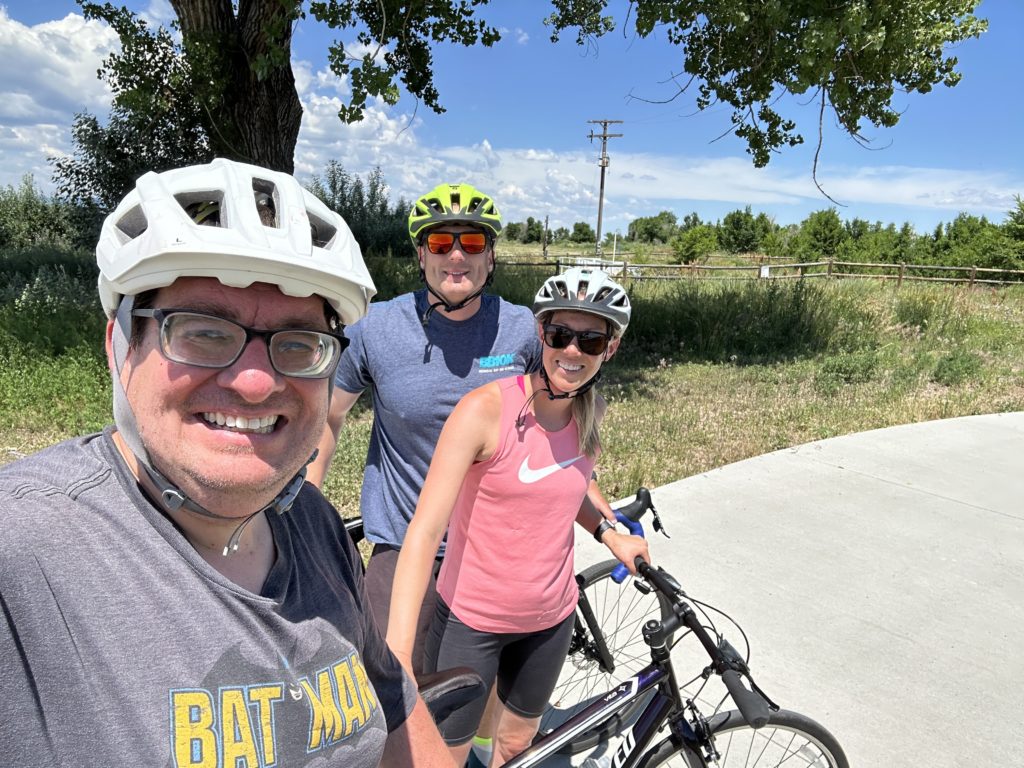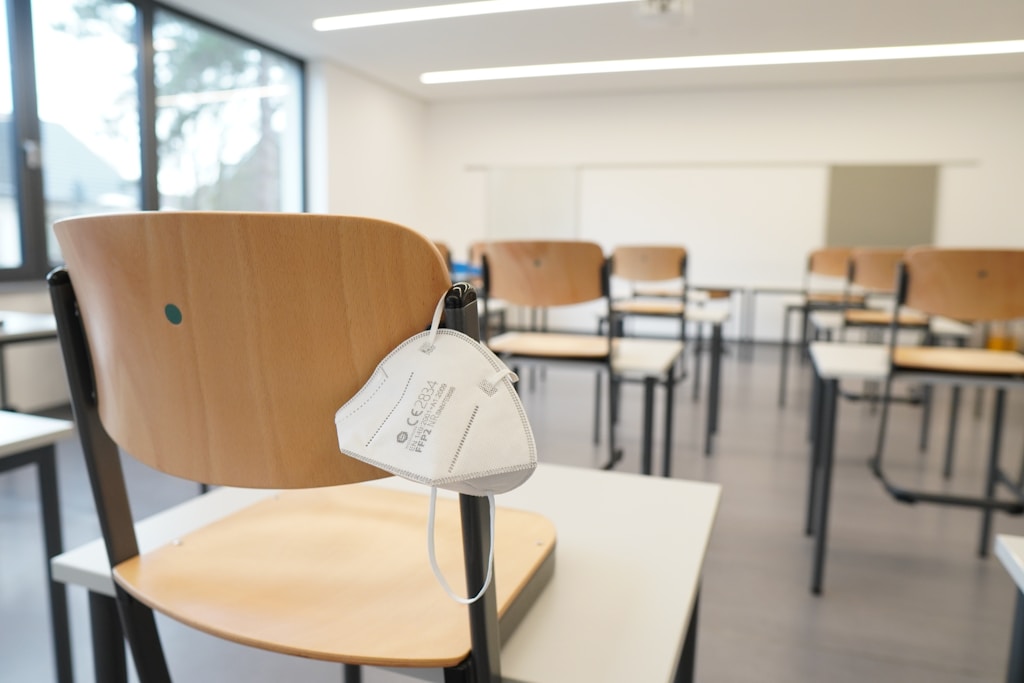Last Saturday I attended the Clearview Library Drag Queen Story Hour as a counter-protester. This was my first time ever making a political sign and exercising my First Amendment rights in this way, and was quite an interesting experience.
The story hour itself was a registration-required event, and had filled up in the prior week. Apparently there was a 200 person waiting list (the largest room in the library had a max occupancy of 80). Outside were about 100 people in the designated “free speech zone” – an area 30 feet from the entrance to permit library patrons and story hour participants to arrive. Of the 100, it was about a 1/3 to 2/3 split between protesters against the event and supporters/counter-protesters.
Protesters seemed to fall into two large camps: people protesting on religious/moral grounds, with signs citing biblical verses and various religious and moral messages about corrupting children, as well as conservatives there that were “fighting the Left”. It was questionable as to whether some of the protesters were part of the Alt-Right, but some of the protesters seemed to be part of some larger conservative-based movement.
As for the supporters, there were also 2 segments: those drawing attention to the LGBTQ issues, counter-protesting the intolerance, as well as those generally supporting the library, freedom of speech, and general opposition to the protesters. I would count myself among the latter group, but my nuanced position seemed to confuse people on both sides at some point.
When I got there at 9:45, it wasn’t clear where people were standing, so I just stood on the corner and held up my signs. A lot of people who would later stand with the “against” protesters told me they liked my signs and were conversing with me. Apparently, some event supporters yelled obscenities at me as well, but I didn’t hear them. Then when the lines became apparent and I saw someone I knew, I went and stood next to her, at which point I had a bunch of supporters come up and apologize to me. A lot of the protesters suddenly had problems with my signs. As the morning progressed, a few supporters from the back came up to me and said they liked my signs.
The protests were mostly civil, both sides chanting back and forth. There were a few minor confrontations, but the police did an excellent job making their presence known without interfering or infringing the free speech rights of everyone. Truth be told, I think both sides had some chants and actions that were bad looks. Protests are a blunt instrument, and when you remove nuance, you give way to stereotypes to take hold. You could see the protesters demonize the supporters as religious heretics that were enabling child endangerment, while the supporters generalized the protesters as religious nuts and Alt-Right hate groups.
I didn’t take part in any of the chants and mainly stood silently unless someone directly yelled at me about my sign, at which point I would engage back with them. One of the protesters that engaged with me finally said he couldn’t disagree with my points, so that was kinda cool. At the end of the event when the supporters disbanded, I walked back to my car past the police chief who shook my hand, then by a few of the “Don’t tread on me” protesters. I told them to have a good day and they said: “you too”.
In the end, I think this was a worthwhile event for our community. Diverse programming was offered at the library unimpeded, and there was a lively conversation about culture, morals, and freedom outside of the library. I realize that people may feel uncomfortable about social disruption, but protests (and counter protests) and demonstration are integral parts of our American heritage. Just because conversations don’t happen in the public square doesn’t mean that they’re not taking place, these events just enable communities to bring these views into the light for all to see.
